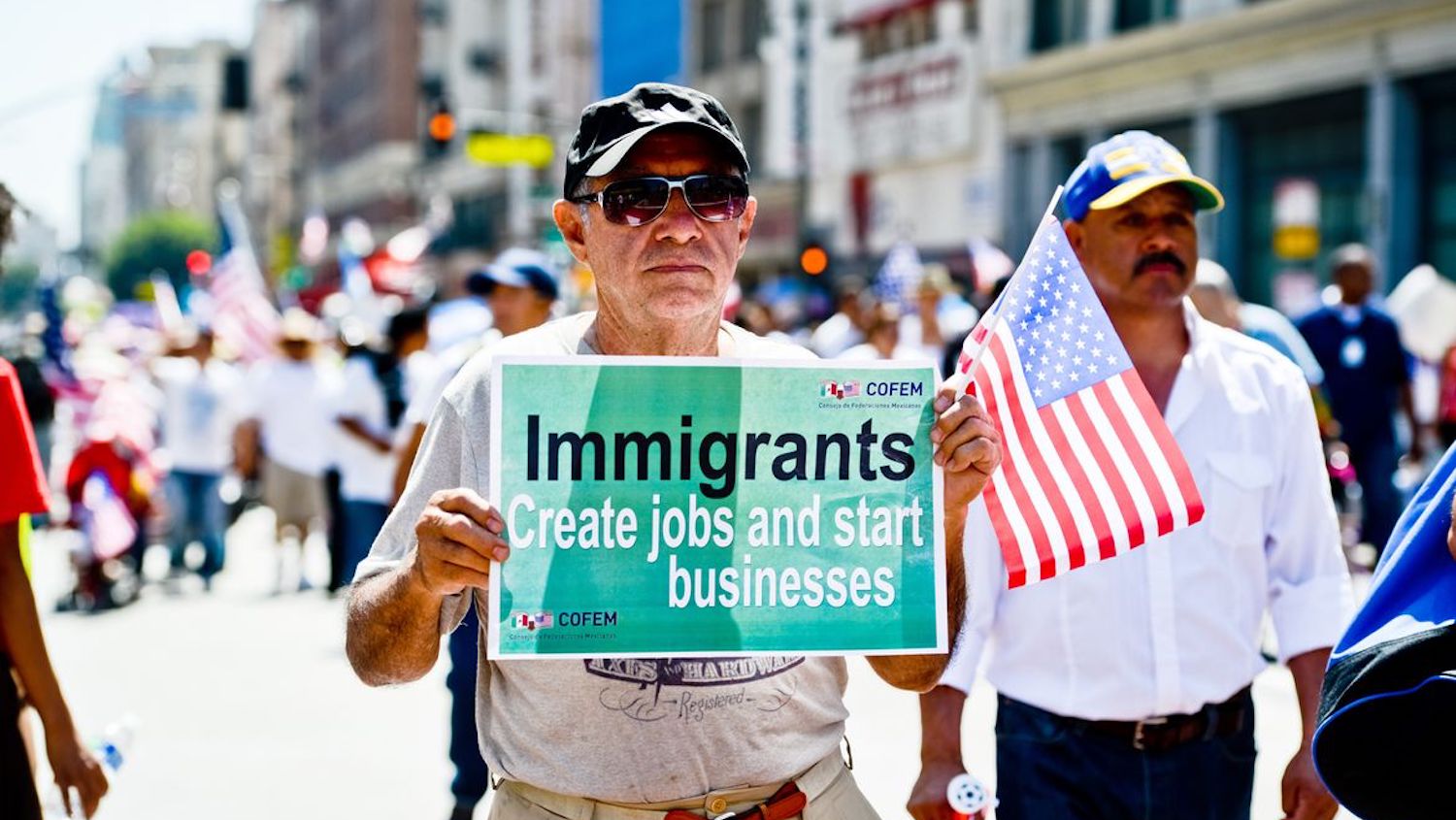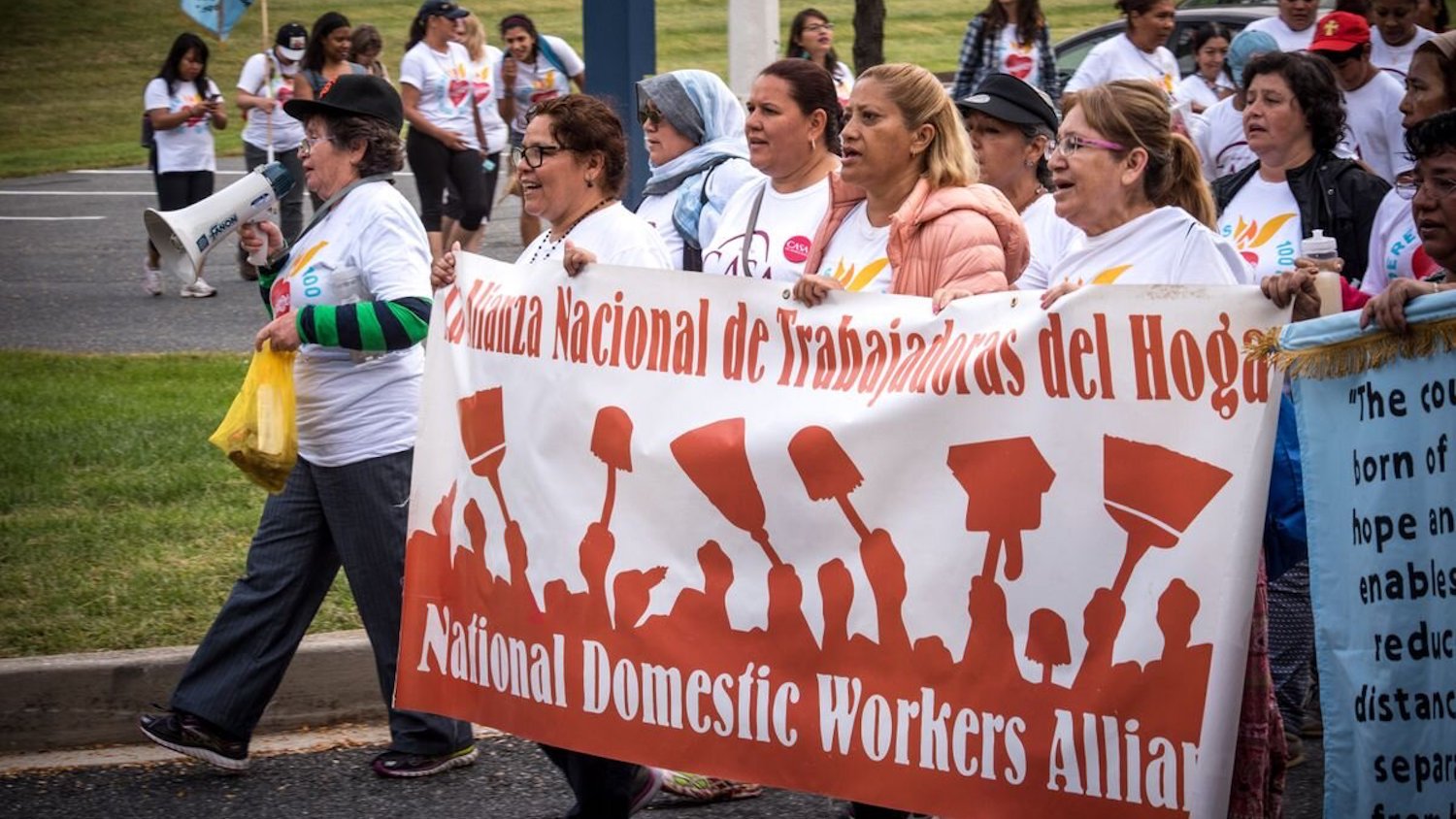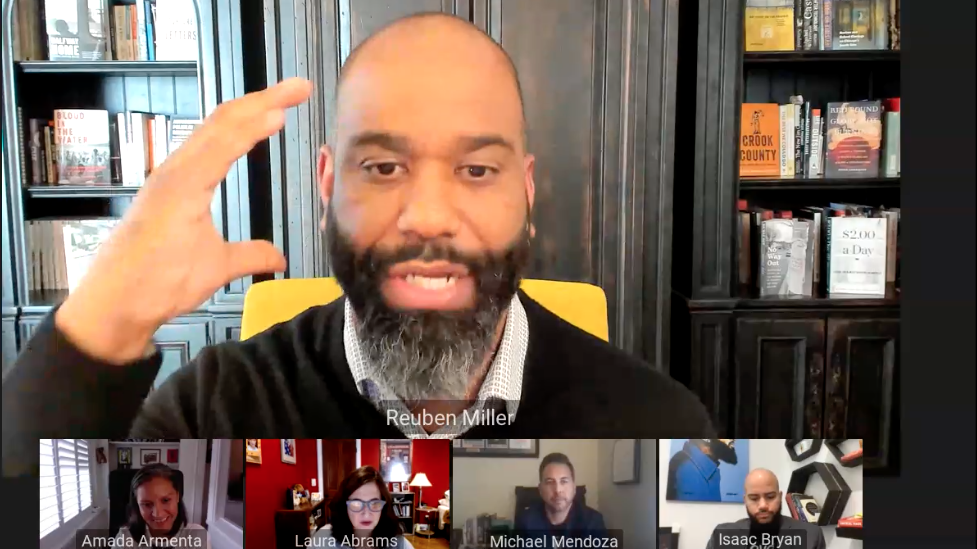Gilens Publishes Research on Campaign Finance Regulations
Public Policy Chair Martin Gilens‘ research into the impact of campaign finance regulations was published in American Political Science Review. Many scholars have expressed concern about the dominance of moneyed interests in American politics, and studies have shown that lobbying group interests and federal policies primarily reflect the desires of well-off citizens and well-funded interest groups, not ordinary citizens. While previous reports have faced difficulties drawing causal inferences from observational data, Gilens and his co-authors were able to analyze the effects of an exogenous change in state campaign finance law. The Supreme Court’s 2010 Citizens United decision held that corporations and unions have the same speech rights as individuals, and that corporate spending to influence elections does not give rise to corruption, as long as it is not coordinated with a political campaign. Gilens and his co-authors analyzed the impact of the ruling, which affected 23 states that had bans on independent expenditures by unions or corporations. After the bans were lifted under Citizens United, the states adopted more “corporate-friendly” policies on issues with broad effects on corporations’ welfare, they found. The authors concluded that “even relatively narrow changes in campaign finance regulations can have a substantively meaningful influence on government policy making.” The article, “Campaign Finance Regulations and Public Policy,” was written by Gilens, a professor of public policy, political science and social welfare; Professor Shawn Patterson Jr. of Southern Oregon University; and Professor Pavielle Haines of Rollins College. — Zoe Day
Citizenship for Unauthorized Immigrants Could Add $1.5 Trillion to Economy
Providing citizenship to all unauthorized immigrant workers in the United States would add at least $1.5 trillion to the American economy and $367 billion in federal and state tax revenue over the next decade, according to a new UCLA study. By comparison, granting citizenship only to the members of that group who are considered “essential workers” — including in agriculture, retail and construction — would generate an additional $1.2 trillion to the nation’s gross domestic product and $298 billion in tax revenue over the same time frame. Granting citizenship only to people covered by the Deferred Action for Childhood Arrivals policy, or DACA, would generate $112 billion in GDP and $28 billion in tax revenue; and granting citizenship only to recipients of Temporary Protected Status would account for $62 billion in GDP and $16 billion in tax revenue. The study’s publication comes as Congress and the Biden administration are considering ways to move forward on immigration reform. In the past two months, multiple standalone bills have been introduced to address specific aspects of immigration policy. Some proposals would grant citizenship to certain groups of unauthorized immigrants — those covered by DACA or Temporary Protected Status, for example — while excluding others. The report’s authors note that excluding certain groups of immigrants from earning citizenship would mean forgoing billions of dollars in economic output and tax revenue, and the potential for creating tens of thousands of jobs. The study is a collaboration among the UCLA Latino Policy and Politics Initiative, the UCLA North American Integration and Development Center and the UCLA Institute for Research on Labor and Employment.
Informal Laborers Around the World Are Organizing to Win Rights
A UCLA-led study of informal laborers in six countries found that, despite differences in local laws and cultures, domestic workers and construction workers are often exploited by their employers because government labor protections are weak or not enforced. However, the study also found that the laborers share common organizing strategies that can improve their work conditions and their lives. Urban Planning Chair Chris Tilly co-authored the report, which looked at informal employment in China, India, Mexico, South Africa, South Korea and the United States. The report focused on workers from two sectors with distinct gender differences: construction and domestic work. These informal workers, who are most often migrants, typically do not have access to protection by standard employment laws and social security-like programs. “This research confirms that informal workers can successfully organize and win rights,” Tilly said. “It offers lessons on strategy for workers in these two sectors and beyond, and it helps us understand how and why organizing approaches differ across sectors and countries.” Tilly pointed to the United States as an example of a country where domestic workers continue to be excluded from core labor standards such as meal breaks, overtime pay and an eight-hour workday. By contrast, construction workers were covered by labor laws in every country in the study, yet they were often victims of exploitation — unless they mobilized to demand protections. The report is a collaboration between the UCLA Institute for Research on Labor and Employment and the Center for Global Workers’ Rights at Penn State. — Citlalli Chávez-Nava
‘Halfway Home’ Book Talk Explores the Afterlife of Mass Incarceration
Sociologist Reuben J. Miller shared highlights from his new book on the inequities of the U.S. criminal justice system during a virtual dialogue on March 11, part of the Transdisciplinary Speaker Series at UCLA Luskin. “Halfway Home: Race, Punishment and the Afterlife of Mass Incarceration” is the culmination of Miller’s years of research in Chicago and Detroit, including over 250 interviews with prisoners, former prisoners, and their friends and families. “It takes more than a few hours and a few cups of coffee to learn about a person,” said Miller, explaining that he wanted to move past the caricatures we have learned to embrace. In the second half of the event, Social Welfare Chair Laura Abrams moderated a discussion about the repercussions of mass incarceration. Michael Mendoza, director of national advocacy for the Anti-Recidivism Coalition, said prison is like a ghost that follows you throughout your life. “The prison-industrial complex doesn’t just punish people physically but emotionally and mentally as people try to get their footing on the ground,” he said. Amada Armenta Ph.D. sociology ’11, associate professor of urban planning, noted the importance of producing research on criminal justice that is accessible for readers in order to facilitate a dialogue. Isaac Bryan MPP ’18, director of the Black Policy Project at UCLA, spoke about making a radical commitment to recognizing the full humanity of people and the role that policy can play in mitigating systems of harm. “This book uplifts voices that need to be heard,” Bryan said. “This book can propel us forward and was made for a moment like this.” — Zoe Day
California Households Owe $1 Billion in Water Bills, Highlighting Affordability Crisis
For many Californians, water bills are piling up at unprecedented rates during the pandemic, exacerbating water affordability issues that disproportionately impact low-income residents and communities of color. A recent survey by the California State Water Resources Board, which was supported by research from the UCLA Luskin Center for Innovation, shows the extent of water bill debt accumulation during the COVID-19 pandemic. Households owe a combined $1 billion in unpaid bills, which has increased substantially since the pandemic. The report finds that roughly 12% of Californians have overdue payments on their water bills. The average debt amounts to $500, but about 155,000 households owe more than $1,000 in unpaid bills. The data illuminates racial inequalities in access to affordable drinking water. Households in Black and Latino neighborhoods are more likely to have unpaid bills and have disproportionately higher amounts of debt. These racial disparities exist even after adjusting for income and housing. “Many of these communities already faced challenges pre-COVID, and now they are most heavily impacted by the water debt,” said Peter Roquemore, a researcher on the study and water project manager at the Luskin Center for Innovation. Los Angeles County contains the highest concentration of debt within the state, especially among residents in South L.A. Many of these neighborhoods also lack equitable access to safe and clean water, largely because the small water systems in the region struggle to serve these neighborhoods. Without immediate government support, many of these small water systems risk failure.
Examining the Science Behind Decriminalizing Sex Work
Governments have cited protection of public health as a rationale for outlawing sex work, yet evidence shows that decriminalizing the trade increases health and safety and reduces the risk of disease, according to a new policy brief from researchers at UCLA. Released on International Sex Worker Rights Day, the brief reviews global data showing that the public health justification for criminalization and regulation of sex work is not supported by science. “There is scant evidence that criminalizing the sex trade has any positive effects on public health and the health of sex workers,” the brief states. Instead, it cites empirical studies linking criminalization to a rise in sexually transmitted infection and HIV transmission, as well as an increased risk of violence against sex workers. The authors draw a distinction between sex work, which is consensual, and sex trafficking, which is based on force, fraud or coercion or involves the participation of minors. The policy brief calls for further study on how laws and policies related to the sex trade can improve public health. While decriminalization may not fully eliminate the stigma and victimization of sex workers, the authors argue that “by removing criminal liability from the picture, approaches that seek to integrate sex workers into society can advance both human rights and labor rights of communities made vulnerable by multiple systems of oppression.” The policy brief was issued by researchers from UCLA’s Center for HIV Identification, Prevention and Treatment Services, Southern California HIV/AIDS Policy Research Center and Global Lab for Research in Action in partnership with the Sex Workers Outreach Project — Los Angeles.
Luskin Summit Looks at Sexual Health in the COVID-19 Era
The sixth Luskin Summit webinar, “Sexual Health: Hooking Up With Home-Based Testing and Telemedicine,” featured a panel of experts in health care, medicine, research and policy. Moderator Ayako Miyashita Ochoa, adjunct assistant professor of social welfare, explained that while the COVID-19 pandemic has presented new challenges for health care delivery, it has also served as an opportunity to integrate remote practices into sexual health care services. Associate Professor of Social Welfare Ian Holloway highlighted the resilience of sexual health care providers in their ability to pivot to remote care during the pandemic. “Telehealth is here to stay,” he said. Leah Millheiser, senior vice president of medical affairs for the telemedicine company Hims & Hers, noted that many patients who avoided physician offices out of fear of judgment or embarrassment are now taking advantage of telehealth services. Sonali Kulkarni, medical director of the Division of HIV/STD Programs for the Los Angeles County Department of Public Health, said that testing is an essential part of the strategy to address rising rates of sexually transmitted diseases. According to Holloway, physical distancing measures in place around the world have had a significant impact on the mental health of gay and bisexual men. Alex Garner of the Gay Sexuality and Social Policy Initiative at UCLA Luskin has been working on ways to promote and provide public health information on gay social networking apps while still respecting them as unique, cultivated spaces for men to connect with one another and to mitigate experiences of loneliness and isolation during the pandemic. — Zoe Day







